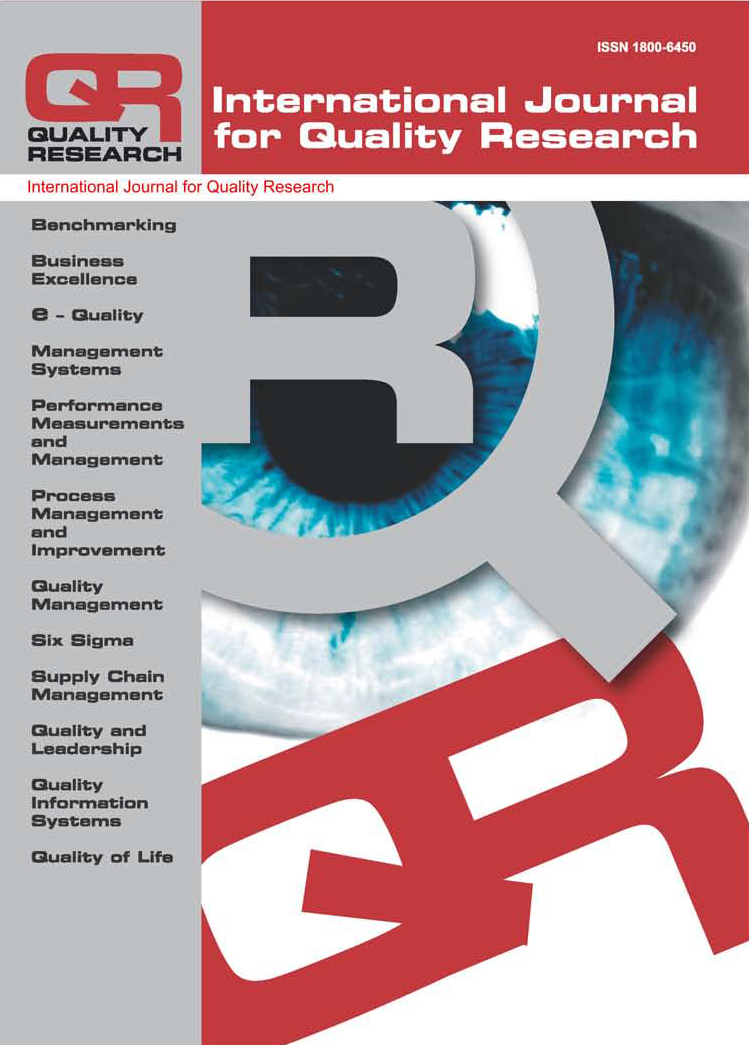WHAT IS THE PURPOSE OF ISO 9000 CERTIFICATION? EMPIRICAL EVIDENCE FROM FRENCH MICRO-DATA
S. Pekovic
Abstract: The ISO9000 certification is often associated with quality approach, and activities that are by now widely diffused throughout business. The statistical research shows that quality management practice is one of the most utilized tools because in 1997, more than a third of industrial firms have received the quality certification. Regarded like an investment in a diploma, investment in quality norms can at the same time be a function of improvement of the company's competence and can also make a signal on the market. In our research, we want to understand those two functions of the ISO 9000 certification and to see how they act in the company and on the market. The paper will explore two possible functions of the certification and will analysis the consequences for the firms. The research will use national statistics sources and case research for the empirical investigation to identify the internal characteristics of ISO 9000 adoption. Also, it will use C.O.I database (Organizational Changes and Computerization) of 1997 and E.A.E. database (Annual Survey of Industry). In this research, the empirical results show that ISO certification has a part of increase the level of firm's export. Moreover, the firms that have recently adopted the ISO certification invest more in quality than those that have adopted ISO certification more ago. The results show that the firms from same sector of activity "are pushed" to adopt certification. At the end, the results show that, the probability that the firm adopt ISO certification increase with firm's size.
Keywords:
DOI:
Recieved: 14.09.2007 Accepted: 10.01.2008 UDC: 006.35
Reads: 1512 







